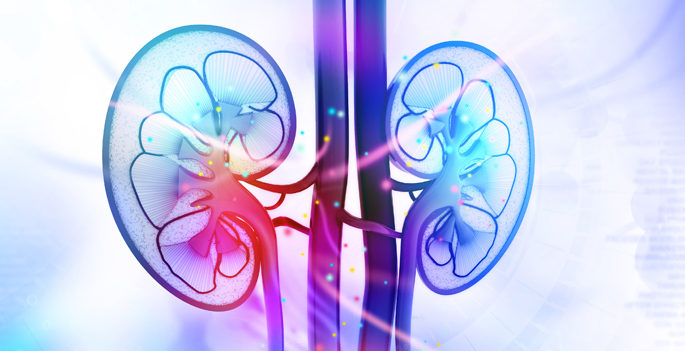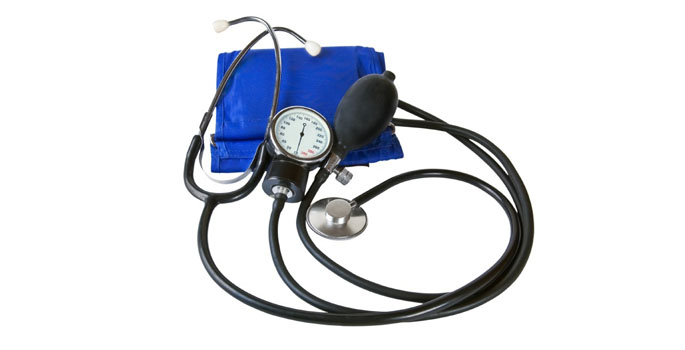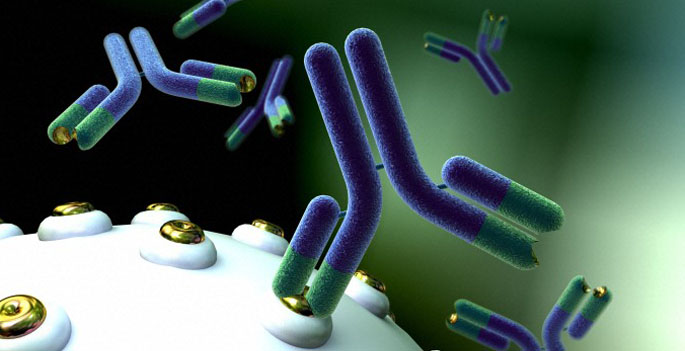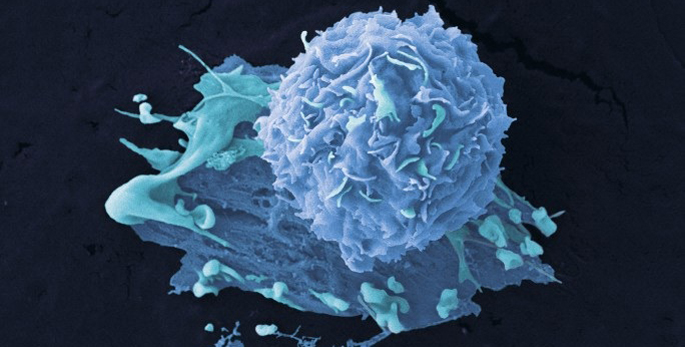NCATS
-

Long QT syndrome – revealed
Vanderbilt investigators have used sophisticated cell biological and structural techniques to “classify” mutations in potassium channels, studies that could lead to personalized treatment of heart rhythm disorders. Read MoreMar 12, 2018
-

Brain connections in schizophrenia
Brain imaging studies have implicated the connection between two brain regions in the pathophysiology of schizophrenia. Read MoreMar 9, 2018
-

Cannabis compound reduces seizures
Cannabidiol (CBD) oils reduced seizures in patients with difficult-to-treat epilepsy, Vanderbilt investigators have found. Read MoreFeb 26, 2018
-

Muscular dystrophy clue
Vanderbilt investigators have discovered a role for immune system T cells in slowing the decline in skeletal muscle function in patients with Duchenne muscular dystrophy. Read MoreFeb 9, 2018
-

A cataract-heart connection
Studies of alpha-B crystallin in zebrafish could ultimately lead to improved treatment for cataracts and heart disease. Read MoreJan 25, 2018
-

HDL and kidney injury after surgery
Higher concentrations of high-density lipoproteins — HDL, the “good” cholesterol — may be protective against acute kidney injury after cardiac surgery, Vanderbilt researchers have discovered. Read MoreJan 17, 2018
-

Obesity interventions: ideal dose?
The optimal “dose” for behavioral interventions to treat childhood obesity are not clear, Vanderbilt researchers concluded after analyzing 133 clinical trial that occurred over the course of 17 years. Read MoreDec 21, 2017
-

Sorting patient messages automatically
Automated techniques can assist in understanding and managing growing volumes of messages sent through secure patient portals, Vanderbilt researchers found. Read MoreDec 20, 2017
-

DNA damage repair: molecular insights
Structural details about a protein involved in the repair of damaged DNA provide insight into xeroderma pigmentosum disorders, which are characterized by increased risk for skin cancer. Read MoreDec 5, 2017
-

Salt, inflammation and hypertension
Vanderbilt researchers have identified a pathway that links excess sodium, inflammation and hypertension. Read MoreNov 13, 2017
-

Impulsivity in Parkinson’s Disease
A noninvasive MRI technique may help predict a troubling side effect of common medications for Parkinson’s Disease and improve clinical treatment plans. Read MoreOct 27, 2017
-

Calcium intake and colorectal cancer
Calcium intake appears to protect against colorectal cancer in individuals with certain gene variants, Vanderbilt researchers have discovered. Read MoreOct 18, 2017
-

Delirium, benzos and the pediatric ICU
With other risk factors held equal, children who received a benzodiazepine sedative drug were nearly three times more likely to experience delirium – confused thought – the following day. Read MoreOct 2, 2017
-

NSAIDs, genetics and miscarriage
A certain genetic variant, in combination with the use of anti-inflammatory drugs like aspirin and ibuprofen during early pregnancy, may protect women from miscarriage. Read MoreSep 20, 2017
-

HDAC3 role in B-cell development
The histone deacetylase HDAC3 is required for the maturation of B cells, white blood cells that produce antibodies. Read MoreAug 3, 2017
-

Drivers of breast cancer metastasis
Signaling through a complex of proteins called mTORC2 plays a role in breast cancer migration, invasion and metastasis, Vanderbilt researchers reported. Read MoreJul 20, 2017
-

NOTCH1 role in heart development
The identification of a genetic culprit for hypoplastic left heart syndrome could lead to new treatments for the condition. Read MoreJul 3, 2017
-

RSV-HRV viral interference
RSV infection reduces the risk of infection with human rhinovirus, which could have implications for vaccine development and prevention strategies for viral respiratory tract infections in infants. Read MoreMay 15, 2017
-

EETs contribute to insulin sensitivity
Interventions that increase circulating levels of compounds called EETs may improve insulin sensitivity and treat hypertension. Read MoreMay 11, 2017
-

A new mode of DNA repair
Structural details of a protein that removes DNA lesions shed light on fundamental mechanisms of DNA repair. Read MoreApr 14, 2017